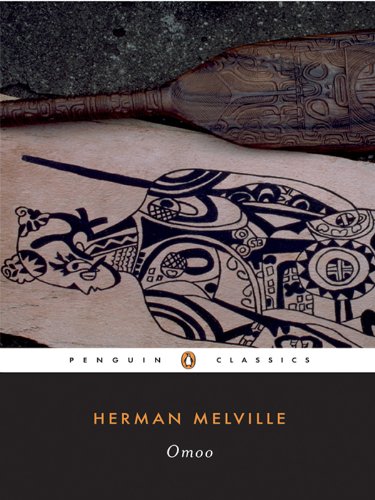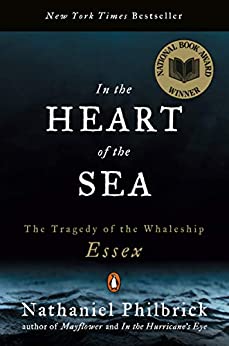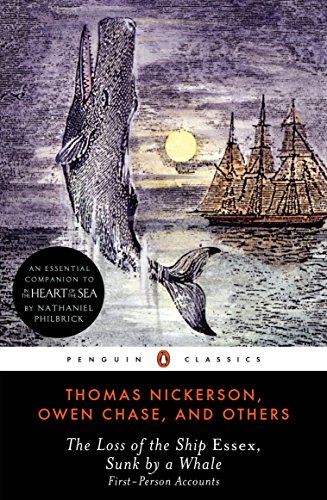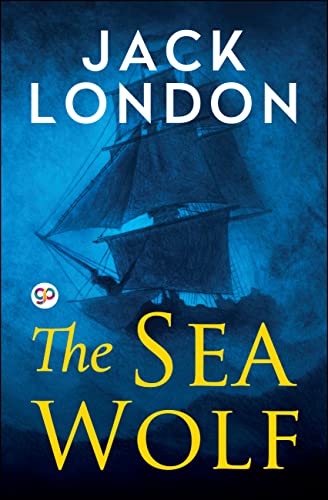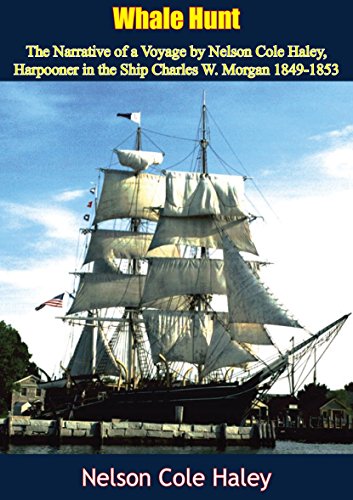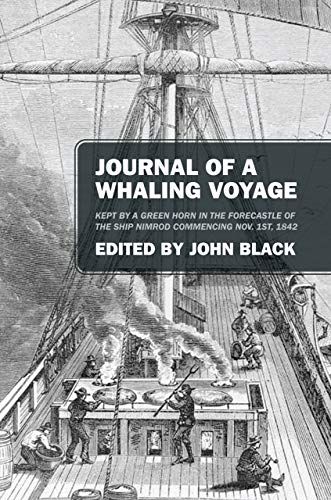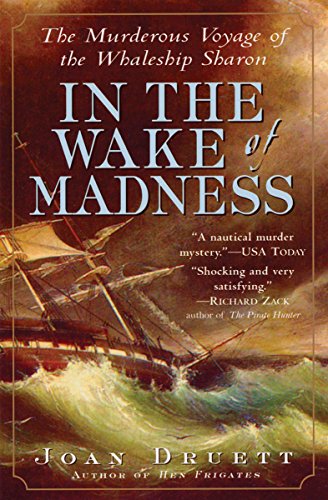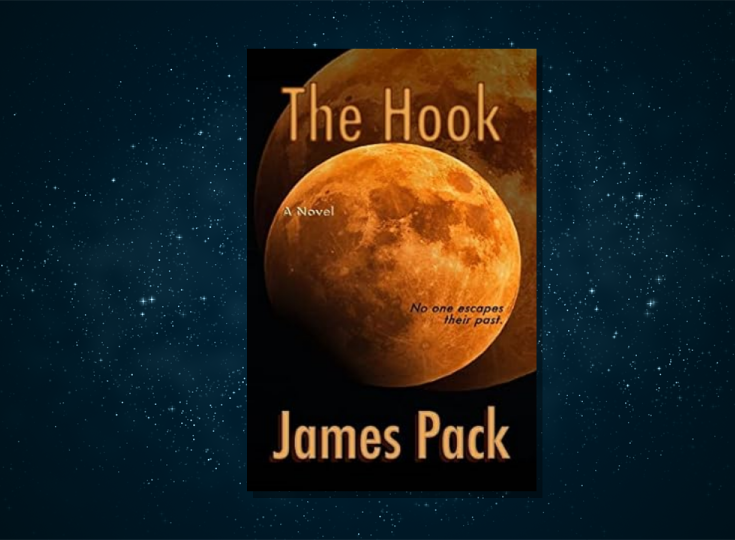Books Like Moby Dick
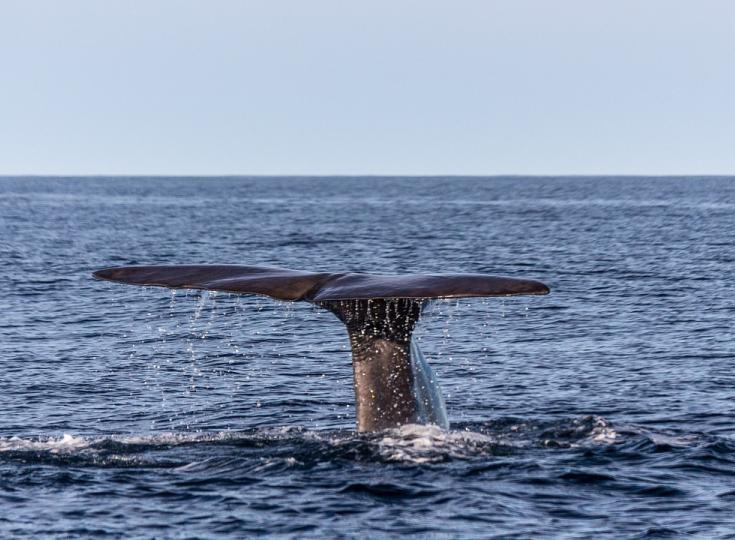
On the surface, Moby-Dick is a tale of revenge as Ahab, captain of the whaling ship Pequod, seeks out the whale that bit off his leg. However, this 1851 novel by Herman Melville is filled with descriptive prose and in-depth knowledge of 19th-century whaling with which the author draws in readers. Melville also incorporated a lot of metaphors in the story that many readers only discover after subsequent read-throughs. While the novel failed to live up to the author's expectations when it was first published, it has gone on to become a literary classic and is considered by many to be one of the greatest books ever written. For more stories that capture the essence of Melville's classic or explore similar themes, check out the following books like Moby Dick.
Omoo: A Narrative of Adventures in the South Seas
By Herman Melville
Omoo was written by Herman Melville in 1847 and is based on his own experiences in the South Pacific. In the book's preface, Melville mentions that it was autobiographical and follows the events of his first novel, Typee, published a year earlier. Even though it was written before Moby Dick, Omoo highlights the wit and attention to detail that made the author famous. The story follows the first-person account of a whaling vessel crew member as they witness everything from recruiting new sailors among the natives to punishing deserters and even mutiny.
In The Heart of the Sea: The Tragedy of the Whaleship Essex
by Nathanial Philbrick
In The Heart of the Sea by Nathanial Philbrick tells the story of the true events that inspired Herman Melville to write Moby Dick. It is based on the events that took place in 1820 when an angry sperm whale rammed a whaleship called Essex. The boat sunk, leaving the desperate crew adrift in three tiny vessels. The men were adrift for more than three months before being rescued, and during this time, they had to resort to extreme measures to survive.
The Loss of the Ship Essex, Sunk by a Whale
by Thomas Nickerson & Owen Chase
When an angry sperm whale rammed the Nantucket whaleship Essex in 1820, it left twenty crew members adrift in three small open boats. Ninety days later, only eight of the men were rescued alive. The Loss of the Ship Essex, Sunk by a Whale, offers a first-hand narrative of what happened during this ordeal. This book chronicles the account of Owen Chase alongside that of Thomas Nickerson, who had been the fifteen-year-old cabin boy of the ship. In addition, it also features some contemporary reports of the famous incident as well as Herman Melville's notes made in his copy of the Chase narrative.
The Sea Wolf
by Jack London
The Sea Wolf is a 1904 novel by Jack London, who gained acclaim for books such as The Call of the Wild and White Fang. The Sea Wolf is a novel about the high seas featuring psychological and philosophical underpinnings, just like Moby Dick. London was inspired to write it by his acquaintance Captain Alex MacLean, a sailor from the Pacific Northwest. Like Melville, Jack London also had some experiences at sea, which he used to make his story more authentic. The book is narrated by Humphrey Van Weyden, a man who is swept overboard into San Francisco Bay before getting picked up by a seal-hunting vessel and pressed into service as a cabin boy. Aboard the ship, the Ghost, Humphrey witnesses the brutal shipboard drama as the amoral sea captain, Wolf Larsen, clashes with his crew.
Whale Hunt
by Nelson Cole Haley
Whale Hunt is the narrative of a voyage by Nelson Cole Haley, who was a harpooner on a ship called the Charles W. Morgan. It was the last surviving whaler from the fleet that sailed out of New Bedford, Massachusetts, and saw 80 years of active service before being retired in 1921. Haley first published this book in 1948, describing the high drama of the whale hunt and the character of his shipmates. Haley also recounts the adventures the crew of The Charles W. Morgan had ashore on the exotic islands of the South Pacific. Readers who enjoyed learning about the American whaling industry in Moby Dick will find this true story just as riveting.
Journal of a Whaling Voyage
Edited by John Black
In Journal of a Whaling Voyage, John Black presents the true account of his great-grandfather's voyage on a whaling ship. The journal chronicles the journey of a boat called Nimrod between 1842 and 1845 as it set out from New Bedford to the North Pacific and back. Since the official log of the voyage of the Nimrod is missing, this journal is the only log available about the events that took place. The author, Graham, was a greenhorn when he set out on this voyage, and the journal contains plenty of interesting information about the whaling industry at the time. It also features a nailbiting account of Graham embarking on a long chase after a whale, which ended up crushing his boat and dumping the crew into the sea. John Black edited the journal and added additional information about the terms and tools used on the whale ships and several letters written to Graham while he was away on the voyage.
In The Wake of Madness
by Joan Druett
In The Wake of Madness by Joan Druett is based on the true story of a whaleship called the Sharon. It set out for the whaling ground of the northwestern Pacific in 1841, but a year later, the captain was brutally murdered while most of the crew was out hunting. The men returning in the whaleboats were greeted by the sight of four crew members, three of whom were covered in blood. The third officer was able to recapture the Sharon by killing two of the attackers, but no investigation into the murder of the captain was ever conducted. In The Wake of Madness captures the drama and tension of what happened and how whaling ships were operated at the time.
